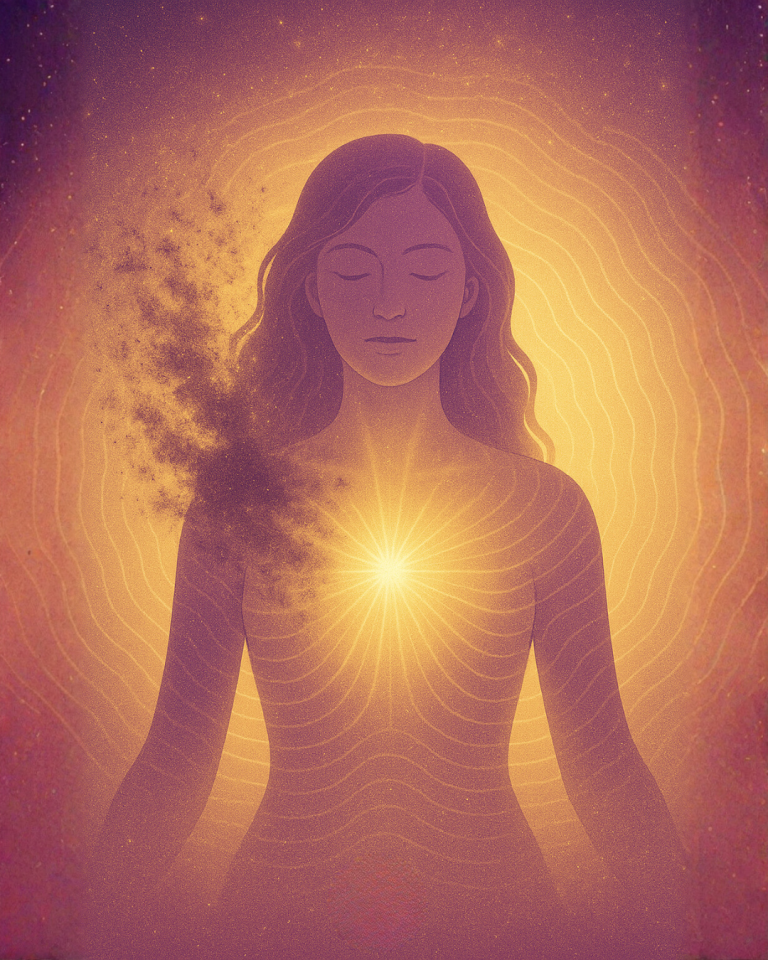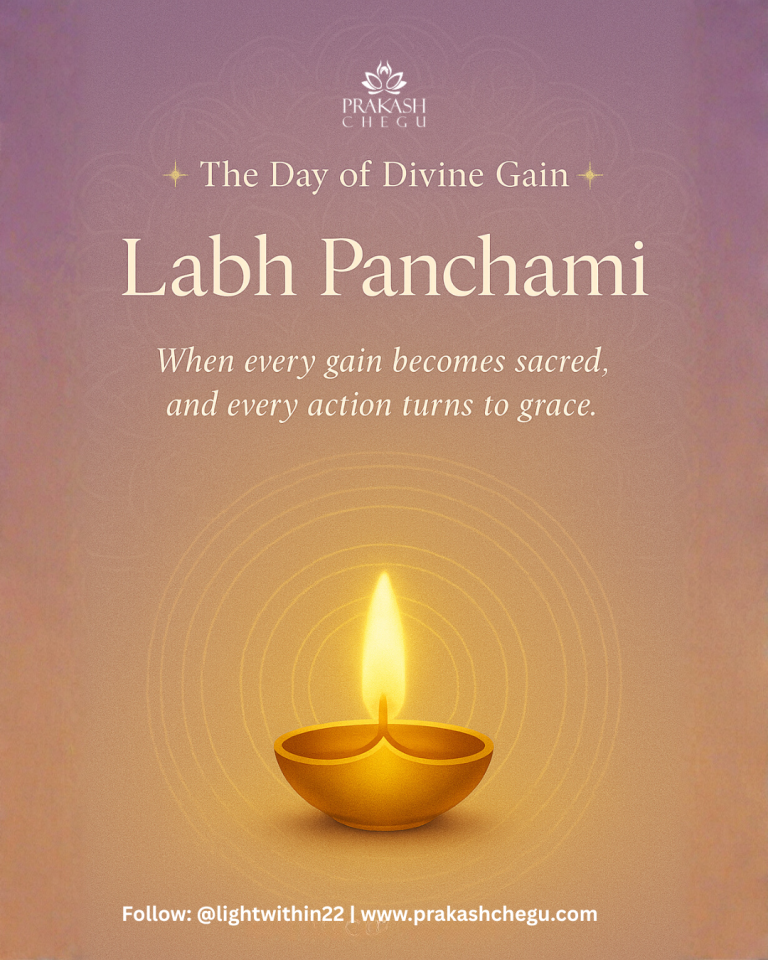Introduction
Carl Jung believed that fantasy is not frivolous; it is the dynamic principle of play through which all creativity and spiritual insight are born. Modern society often dismisses fantasy, yet it underpins innovation, art and inner growth.
Fantasy: The Child’s First Language
From birth, children live in a world of active imagination. They create stories, personify objects and merge dreams with reality. Jung reminded us that this is not a childish pastime but a universal human faculty found in all ancient cultures. Myths, rituals and symbols emerged from collective imagination to shape civilizations.
The Shift Around Age Eight
Jung observed a developmental milestone around age eight when children begin to form an ego identity. They detach from the magical oneness with family and the world becomes more structured. Yet their fantasy life remains a secret inner garden of images and stories.
Children as Mirrors of the Unseen
Jung wrote that children don’t belong to their parents; they belong to life itself. They are fruits carrying mysteries beyond adult comprehension. In their fluid consciousness, children live between worlds where fantasy and reality interweave.
The Spiritual Dimension of Childhood
Children are naturally close to the invisible realm. They effortlessly enter states of sublimity and detachment that adults seek through meditation. Their fantasies connect them to the infinite and reveal how imagination bridges worlds.
Why This Matters Today
As adults we often lose touch with living imagination. Yet:
- Every work of art begins as a fantasy.
- Every invention emerges from imagining the impossible.
- Every spiritual insight arises from images and symbols that guide us inward.
Reclaiming imagination is essential for creativity, wisdom and wholeness. Honouring the fantasies of children—and our own—nurtures the roots of our soul.
Reflection for Today
Ask yourself: What fantasies, images or visions are stirring within me right now? Do I dismiss them as childish, or honour them as seeds of something sacred? Becoming like children again doesn’t mean naivety—it means remaining open to the mystery of imagination that births worlds.






